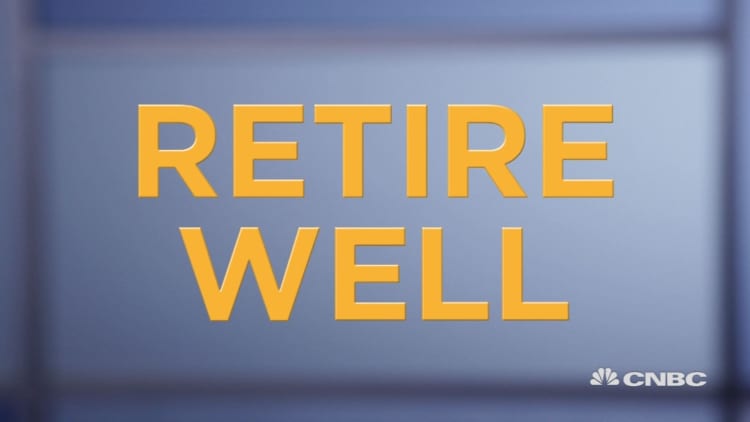Like other adult things, choosing your first health insurance plan seems scary until you do it.
Lots of acronyms you never heard before? Check. You know it's going to hit your wallet? Check. It's some mysterious part of your job with a lot of brochures? Check.
When you're looking through your plan choices, ask yourself what's going on in your life, says Jeff Oldham, senior vice president of global and institutional markets at Benefitfocus, a benefits enrollment software company.
But first, learn the following words and acronyms. When you meet with the HR people at your company, you'll have a head start and the sheer bulk of information won't seem so daunting.
You'll need to know these terms so you can make informed decisions:
- Deductible: This is how much you have to pay before the employer and health-care company starts kicking in for your medical costs. But remember: Annual and preventive exams are free, even if you haven't reached your deductible, thanks to the Affordable Care Act.
- Premium: You'll see an amount deducted from each pay check. This money goes to the insurance company to pay for the health insurance policy. Your premiums do not pay for any medical care. It means you get a card from the company with your name and policy number.
- Copayment or copay: Most plans charge a fee when you see a doctor, and the cost is often on your insurance card. The health insurance company pays the balance.
- CDHP or HDHP: These two acronyms – consumer-driven health plan or high-deductible health plan – are often used interchangeably. Here's how these plans work: You must meet a high deductible of at least $1,350 — the government sets this bottom limit — before the health insurer starts kicking in for your bills. For people who are young and in relatively good health, this may not be much of an issue. Older people run the risk of delaying seeing a doctor or filling prescriptions if they feel financially squeezed.

- HSA: Employer-sponsored high-deductible plans are always paired with a health savings account. You can save money, pre-tax, from your pay check in an investment account. For 2018, you can save up to $3,450.
Next year, the limit for a single person saving in an HSA is $3,500. The government sets these amounts, too. - FSA: You might not be offered a flexible spending account if you have the health savings account, but know the difference between these two. The FSA lets you save money, pre-tax, for qualified health expenses – but you have a time limit on using the money.
- PPO: Preferred provider organizations are generally more expensive, Oldham says. They outline the specific medical providers you can work with at in-network (read: more affordable) levels.
Millennials are drawn to high-deductible health plans for a few reasons.
The amount of the deductible may seem daunting, "but your premium is much lower," Oldham said. "You are telling the insurance company you're in pretty good health."
Decades of growth on pre-tax money makes the HSA a powerful savings vehicle for your retirement years, Oldham says.
The average retiree spends more than $275,000 on health care alone, a figure that could easily double by the time millennials hit the golden years, according to Oldham.
More from Personal Finance:
Earn more than $75,000 working from home at these seven jobs
Your next raise could be bigger. Here's how to get it.
Five things single parents absolutely have to pin down
If you're planning a trip to some rugged, remote location, Oldham recommends accident insurance. That way, you can still take advantage of the lower cost of a high-deductible plan.
And if you're thinking of ditching insurance, don't. "The mandate to have health insurance was repealed, but it doesn't take effect till 2019," Oldham said.
One last piece of advice. "Don't take the money you save on lower premiums and blow it," Oldham said. Develop good savings habits by stashing it in your HSA or putting it toward student debt.

